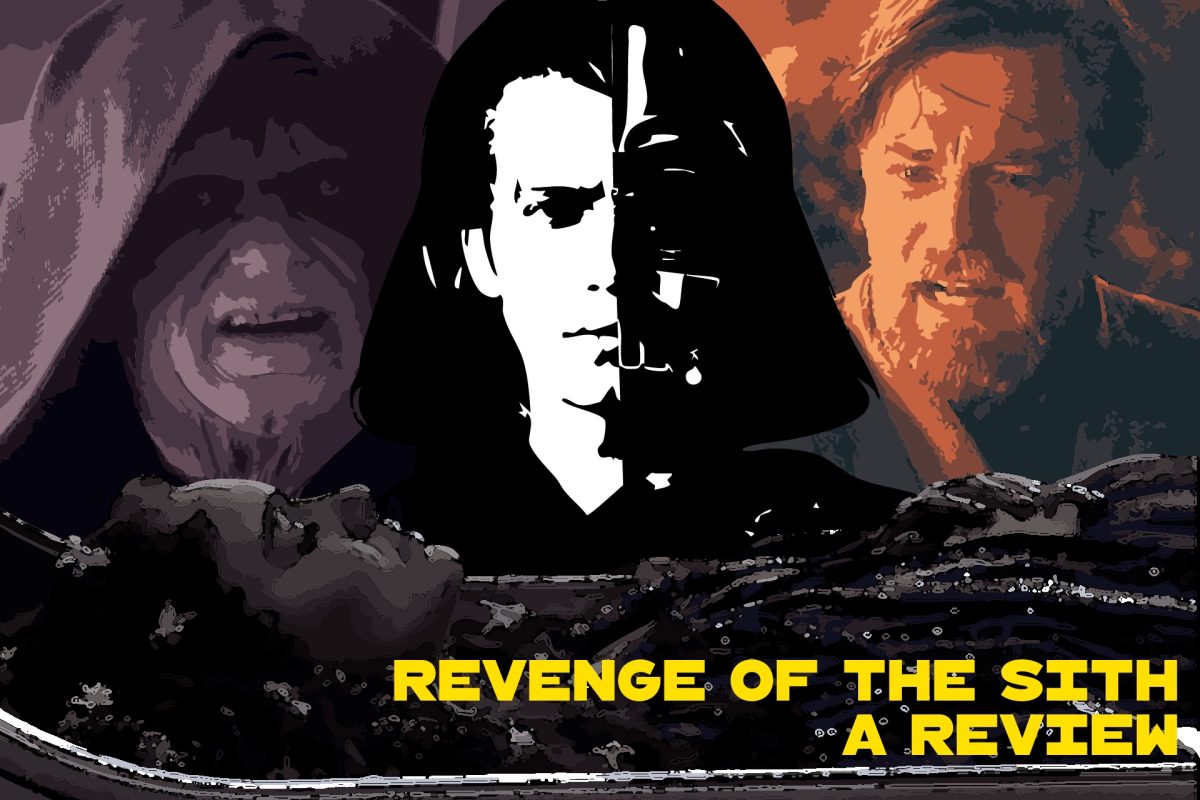Disclaimer: Although there are three episodes released, this review only covers episodes one and two.
Artistic depictions of sporting events (fictional or not) seem to fall into the same old cliches. The underdog is drafted, the underdog proves themselves and the underdog carries their team to a championship. Thankfully, the first two episodes of executive producer Adam McKay’s new HBO show “Winning Time: The Rise of the Lakers Dynasty,” generally do not fall into these same trappings. However, when they do, it is always in an interesting and electrifying way, even if it’s not perfect.
This is the story of Jerry Buss, played by John C. Reilly, the man who bought the Los Angeles Lakers and would see 10 championship titles as the team’s owner. The show also heavily focuses on the legacy of Earvin “Magic” Johnson, played by Quincy Isaiah, and how he became one of the NBA’s greatest and most infamous players. Reilly and newcomer Isaiah play these respective parts with such charm and wit, making “Winning Time” an absolute blast to watch.
Other performances that stood out to me in the first two episodes are Gaby Hoffmann as Claire Rothman (one of Buss’ coworkers), Michael Chiklis as Red Auerbach (Boston Celtics coach who led the team to several championship wins) and Hadley Robinson as Jeanie Buss (Buss’s daughter). All of these performances and characters are so full of life and personality, making “Winning Time” a fascinating ensemble piece, much like a Paul Thomas Anderson or Robert Altman film.
One actor who stands out is Jason Clarke in a transformative performance as Jerry West, the Lakers’ coach from 1976 to 1979. West was also a legendary Lakers player before he became head coach. He struggled with a lot of emotional baggage from losing the championship to the Celtics six times. West is also the player whose silhouette everyone sees on the NBA’s logo. There is a fantastic scene where West expresses his anger about how this empty gesture from the NBA does not fill the void of being a loser. Clarke plays this character with the perfect amount of emotional intensity and realism, making West easily the most complicated and interesting character on the entire show.
“Winning Time” also has a great sense of style. The show switches lenses and cinematography styles rapidly. It is a derivative from Oliver Stone’s classic film “Natural Born Killers,” but who really cares about that when the show looks this good? It’s such a marvel when the camera cuts to shots that look straight out of old broadcasts of sporting events from the ‘70s and ‘80s. The show’s cinematographers really understand how to craft an authentically “vintage” experience.
Going into this show, I was worried the story would avoid the sex, drugs and rock and roll attitude that comes with any sort of high life. To my surprise, “Winning Time” is full of explicit sex, drug use and vulgarity that perfectly captures the show business image Buss wanted for the Lakers. This is not a show for younger audiences, and I love that about it.
These first two episodes are not flawless. There are some truly baffling stylistic choices I cannot support. For instance, the second episode was directed by acclaimed actor Jonah Hill. From what I can tell, this man could not shoot a cohesive scene if he tried. This second episode is over-saturated with the visual flair I praised earlier. Sometimes too much of a good thing can be bad. The editing in the second episode is also distractingly bad to the point where it can be hard to make out what is physically happening in somewhat simple scenes. Someone behind the scenes of this show should never let Jonah Hill go near this material ever again.
I also cannot get used to the constant fourth-wall breaking. Breaking the fourth-wall is when a character within a piece of media acknowledges the audience or the fact that they are in a fictitious piece of work. However, this technique becomes annoying when it is used for no particular reason. If this show wants me to take it seriously, it needs to keep me feeling like I am watching real events unfold. For the most part, “Winning Time” is effective at doing so, but it needs to stop constantly breaking the fourth-wall. Moderation will be key for this show to become an instant slam dunk.
“Winning Time: The Rise of the Lakers Dynasty” is a funny, exciting and downright absurd look at the old days of professional basketball. These first two episodes have me hooked for more, and I cannot wait for what is coming up next. It is worrying how sloppy the show can feel, but the characters, performances, cinematic style and writing all do a great job at maintaining engagement. “Winning Time” is flawed, but its high points cannot be ignored. Be sure to watch new episodes every Sunday night.
Edited by Lucy Valeski, lvaleski@themaneater.com







